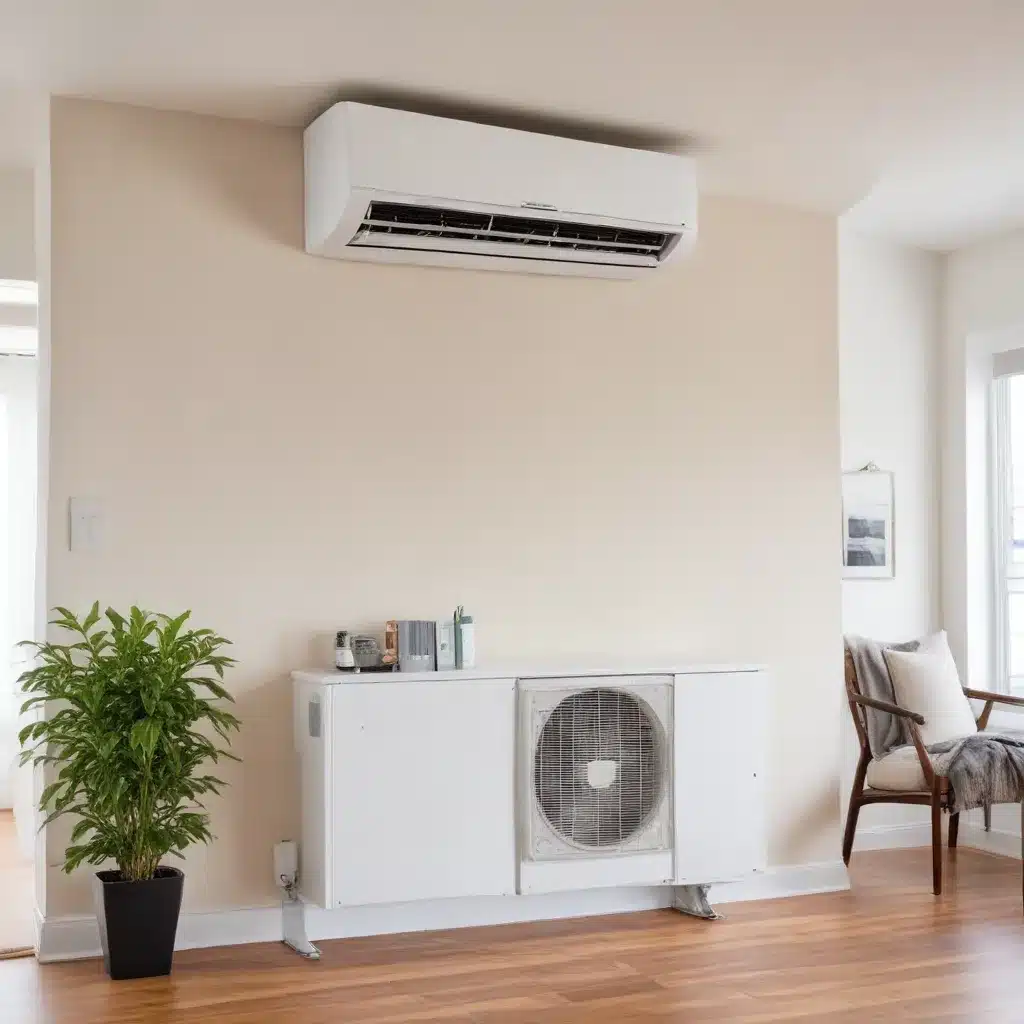
Maximizing Energy Efficiency in HVAC Systems
As an experienced air conditioning specialist, I’ve seen firsthand the transformative impact that energy-efficient HVAC technologies can have on both residential and commercial properties. In this article, I’m excited to share my personal insights and practical strategies for reducing HVAC costs and creating more sustainable, climate-controlled environments.
One of the core principles I always emphasize is the importance of prioritizing energy efficiency. After all, energy not used is energy saved – and in today’s climate-conscious landscape, maximizing efficiency is key to cutting costs and reducing environmental impact. From innovative heat pump solutions to advanced zoning systems, the HVAC industry has made tremendous strides in developing technologies that can dramatically improve a building’s energy performance.
For example, have you considered upgrading to a high-efficiency heat pump system? These versatile units not only provide reliable heating and cooling but can also be up to 300% more energy-efficient than traditional furnaces or air conditioners. By leveraging the principles of heat transfer, heat pumps can extract warmth from the outside air, even in colder climates, and transfer it indoors, drastically reducing the need for fossil fuel-powered heating. The result? Substantial savings on your energy bills and a smaller carbon footprint.
Optimizing HVAC Maintenance for Peak Performance
Of course, maximizing energy efficiency isn’t just about the equipment itself – it’s also crucial to ensure your HVAC system is well-maintained and operating at peak performance. As an air conditioning specialist, I cannot emphasize enough the importance of regular maintenance. Think of it like servicing your car – you wouldn’t dream of going years without an oil change, and the same principle applies to your home or office’s climate control system.
Regular tune-ups, filter changes, and system inspections can make a world of difference. By keeping your HVAC components clean and properly calibrated, you can improve airflow, reduce energy consumption, and extend the lifespan of your equipment. What’s more, proactive maintenance can often catch small issues before they snowball into costly repairs, saving you money in the long run.
Embracing Smart Home Technologies
Another exciting frontier in the world of energy-efficient HVAC is the rise of smart home technologies. By integrating your climate control system with innovative connected devices, you can take your energy-saving efforts to the next level. Smart thermostats, for instance, can learn your household’s habits and preferences, automatically adjusting temperatures to optimize comfort and efficiency.
And the benefits don’t stop there. Many smart HVAC systems can also integrate with other home automation features, allowing you to monitor and control your energy use from anywhere. Imagine being able to turn down the air conditioning while you’re at work, or set your system to kick in just before you arrive home – all with a few taps on your smartphone. The potential for enhanced comfort and cost savings is truly remarkable.
Exploring Renewable Energy Solutions
Of course, no discussion of energy-efficient HVAC would be complete without exploring the role of renewable energy solutions. As the world continues to shift towards a more sustainable future, many homeowners and businesses are embracing technologies like solar power to reduce their reliance on the grid and cut their carbon footprint.
And the good news is that renewable energy and HVAC systems can work hand in hand. By pairing your climate control equipment with a renewable power source, such as a rooftop solar array, you can create a truly self-sufficient, eco-friendly energy ecosystem. Not only will this help you save on utility bills, but it also demonstrates a commitment to environmental stewardship that can be hugely appealing to eco-conscious consumers and stakeholders.
Optimizing HVAC Systems for Diverse Climates
Of course, when it comes to HVAC efficiency, one size does not fit all. Different climates and building types present unique challenges, and as an air conditioning specialist, I’ve learned that tailoring solutions to specific needs is crucial.
In warm, humid regions, for example, strategies like strategic zoning, high-efficiency dehumidification, and innovative cooling technologies can make a significant difference. Meanwhile, in colder climes, emphasis may shift towards optimal insulation, heat recovery systems, and heat pump technologies that excel in low temperatures.
By understanding the unique characteristics of a building and its local climate, we can design HVAC systems that maximize comfort, minimize energy usage, and deliver long-term cost savings. It’s all about finding the right balance of cutting-edge equipment, smart controls, and thoughtful installation – a true hallmark of the skilled air conditioning professional.
Conclusion: Embracing a Sustainable HVAC Future
As I reflect on my years of experience in the air conditioning industry, I’m struck by the profound transformation we’ve witnessed in recent decades. What was once a realm of energy-guzzling, carbon-intensive equipment has blossomed into a thriving ecosystem of innovative, sustainable technologies.
And the best part? These advancements aren’t just good for the planet – they can also be incredibly beneficial for your wallet. By embracing energy-efficient HVAC solutions, homeowners and business owners alike can enjoy significant long-term savings on their energy bills, all while contributing to a more sustainable future.
So, whether you’re in the market for a new HVAC system or simply looking to optimize your existing setup, I encourage you to explore the wealth of energy-efficient options available. With the right expertise and a commitment to sustainability, we can work together to create comfortable, cost-effective, and environmentally-conscious spaces that set the standard for the industry.
After all, the future of HVAC is bright, and the path to reduced energy costs and a healthier planet starts right here. Are you ready to take the first step?